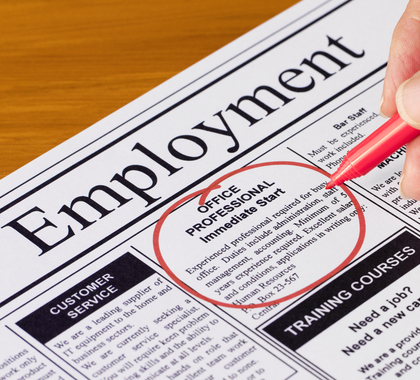The news is already reporting new rounds of layoffs and an uptick in unemployment claims as businesses and workers struggle for financial survival during these days without customers, travel, and routine economic activity. Businesses and families must now find ways to pay the bills and make ends meet. And soon the state and local governments will face dwindling tax revenuess.
Ohio Gov. Mike DeWine has acted swiftly to reduce some of the economic harm caused by the new coronavirus policies. To date, the administration has expanded unemployment coverage to include those forced to quarantine; eliminated the waiting period and job search requirements to apply for and receive unemployment insurance; temporarily suspended some of the new eligibility requirements for Medicaid and SNAP; applied for federal aid from the Small Business Administration to support businesses forced to close.
But policymakers can and should do more to inoculate Ohio from the economic impacts created, Rea S. Hederman Jr., executive director of the Economic Research Center and vice president of policy at The Buckeye Institute, and coauthors say.
Among Buckeye’s recommendations: Avoid tax increases, reprioritize government spending, request a federal loan to the state Unemployment Insurance Trust Fund, and request federal benefits for hourly workers.
Joe Barnett ([email protected]) is the managing editor of Budget and Tax News.
Internet Info
Rea S. Hederman Jr., Andrew J.Kidd, Lukas Spitzwieser, and Andjames Woodward, “Policy Solutions For The Pandemic: How Ohio Can Fight The Impact of Coronavirus,” Policy Brief, The Buckeye Institute, March 23, 2020: https://heartland.org/publications-resources/publications/economic-policy-solutions-for-the-pandemic


